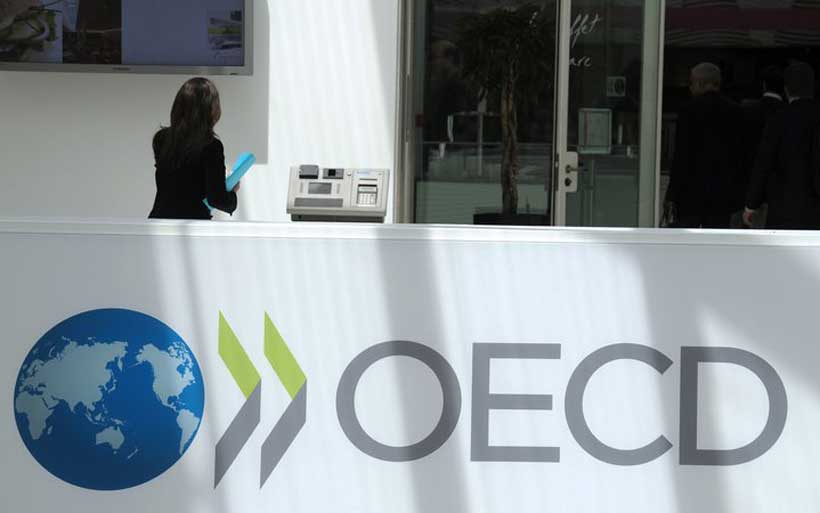According to the OECD’s latest Global Outlook on Financing for Sustainable Development, developing countries are facing a shortfall of USD 1.7 trillion in the financing they would need this year to keep them on track for the 2030 Sustainable Development Goals (SDGs), as governments and investors grapple with the health, economic and social impacts of the COVID-19 crisis.
The report says developing countries are set to see a USD 700 billion drop in external private finance in 2020 and a gap of USD 1 trillion in public spending on coronavirus recovery measures compared to what is being spent in advanced economies, where governments have a greater capacity to borrow. The drop in private finance comes from a fall in portfolio investments, foreign direct investment and a decline in remittances sent home by migrant workers.
“Financing for sustainable development is at risk of collapse when it is needed more than ever. COVID-19 is erasing years of development progress and causing major setbacks to all sources of finance for developing countries under stress, many of which entered the crisis with already severe structural impediments,” said OECD Secretary-General Angel Gurría, presenting the report at a high-level meeting of the OECD’s Development Assistance Committee. “With COVID-19 already reversing development advances and many challenges still ahead, it is urgent that we redesign global finance to incentivise sustainable investment and step up our efforts to help developing countries recover from the crisis in an inclusive, resilient and sustainable manner.”
The projected USD 1.7 trillion shortfall for 2020 adds to an existing gap of USD 2.5 trillion in annual financing for developing countries towards achieving the 17 SDGs by 2030. Meanwhile, 90 out of 122 developing countries are now in economic recession as the virus hurts sectors like tourism, manufacturing and commodities. The pandemic also risks putting pressure on flows of development aid from advanced to developing economies.
At USD 379 trillion, global financial assets are at their highest value since before the global financial crisis, yet 80% of these assets are held in advanced economies and a lack of universally accepted criteria means that little is known about their sustainable development and climate impact, the report says. Just 20% of financial assets are held in developing countries, where more than 80% of people on the planet live. According to the report, reallocating just 1.1% of the total assets held by banks, institutional investors or asset managers – USD 4.2 trillion – would be sufficient to fill the gap in SDG financing.
Fixing the inefficiencies in financial and taxation systems that enable money to drain away from developing countries through tax evasion and avoidance and high remittance transfer fees (which averaged 7% over 2017-19) would help to improve the geographic distribution of assets. The report also calls for better incentives to guide financing, increased transparency and accountability of finance flows, and a systemic solution to developing country debt to avert liquidity problems, ensure access to capital markets and preserve banking stability. Building on the Global Outlook’s findings, the OECD is working with the United Nations to design a framework to improve alignment of global finance with the SDGs.


